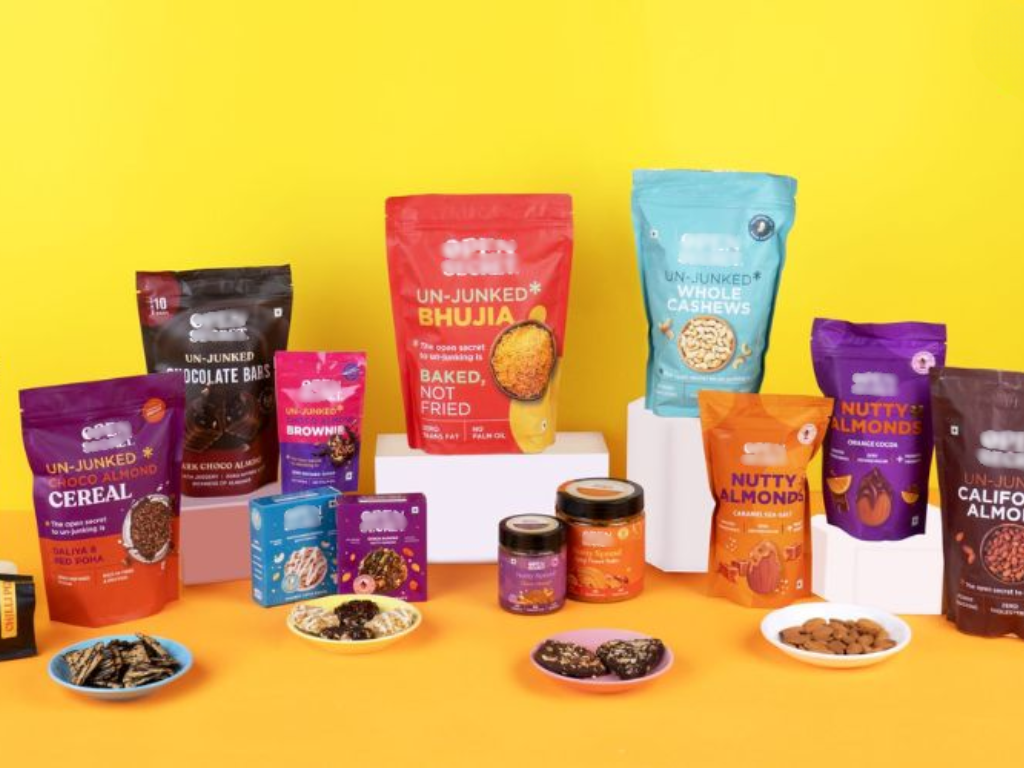

The Indian snacking landscape, a vibrant and fiercely competitive space, is witnessing a new wave of disruption from health-focused FMCG food brands. In a recent insightful article by The CapTable, the healthy snacking challenges in India are explored through the lens of ‘SuperYou’, a new protein snack brand.
Notably, Ankur Bisen, Senior Partner & Head – Consumer, Food & Retail at The Knowledge Company, contributed his expert analysis to this critical discussion.
While there’s a growing health-conscious segment, the path to mass adoption in the protein snack market in India is complex. Ankur Bisen’s commentary in the piece provides a crucial reality check on the key hurdles that D2C food brands and other new entrants must overcome.
The primary challenge lies in flavour. Success hinges on satisfying the Indian consumer palate, which is overwhelmingly partial to savory, spicy, and traditional snack profiles. For many, the health benefit is a secondary consideration if the taste is not compelling. This makes product formulation a delicate balancing act between nutrition and indulgence.
One of the most significant healthy snacking challenges in India is price sensitivity. Protein-fortified and clean-label products have a higher cost base. Convincing a value-conscious consumer to choose a premium healthy snack over a cheaper, familiar alternative requires a powerful value proposition and brand story.
Then, gaining visibility and availability across diverse retail distribution channels is critical. Consumer Packaged Goods (CPG) brands must navigate complex choices between modern trade, building a robust online D2C model, or leveraging the fast-growing Q-commerce network—each with its own costs, margins, and consumer reach.
Ankur’s analysis underscores that while the opportunity in the protein snack market in India is promising, sustainable success demands a nuanced and resilient strategy that addresses these fundamental market realities.
Read the complete analysis at: https://the-captable.com/2025/07/can-superyou-change-indias-snacking-with-protein-snacks/
Ankur Bisen’s contribution to this discussion exemplifies TKC’s role as a trusted advisor to businesses navigating complex retail transitions.
Whether it’s category expansion, private label strategy, or Q-commerce profitability, our insights are built on decades of experience and real-world data.
We work closely with clients to evaluate emerging categories through a multi-lens approach—consumer behaviour, infrastructure, margin potential, and operational scalability. As the retail ecosystem evolves rapidly, our role is to balance ambition with execution reality.
This feature in The CapTable aligns with The Knowledge Company’s ongoing work in:
At TKC, we believe the future of retail will be built on precision, adaptability, and consumer-first thinking—not just speed.
Need help assessing a new category or go-to-market model?
Reach out to TKC for tailored, forward-looking consulting across Q-commerce, food retail, e-commerce, broader retail transformation, and consumer strategy.





